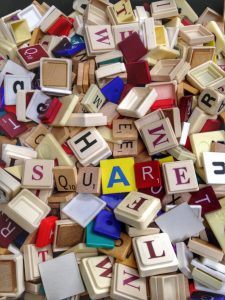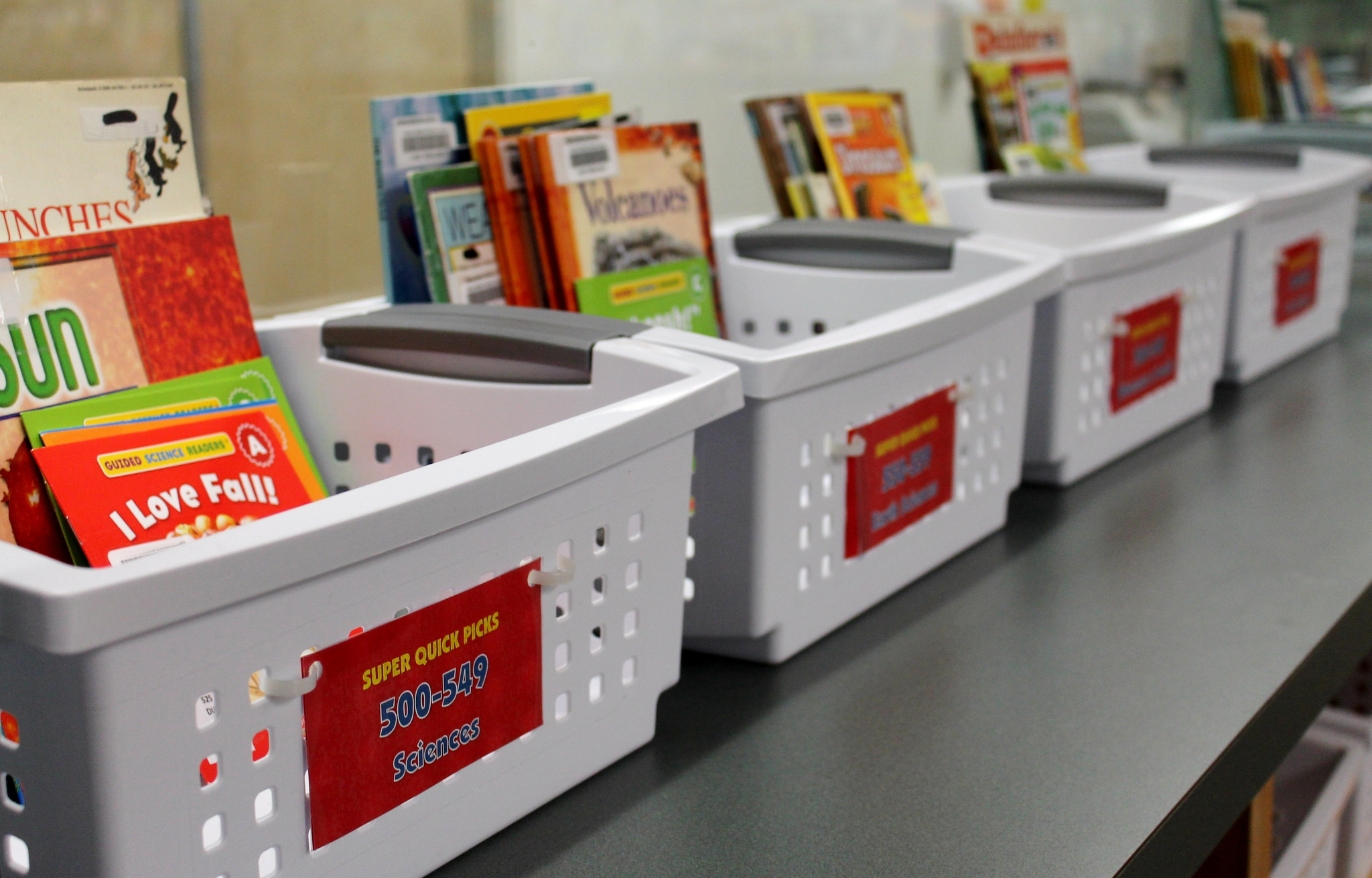|
Getting your Trinity Audio player ready...
|
 Memory and building a larger vocabulary are dependant on exercising the brain. The United States Department of Education explains there is a correlation between learning new words is easier through repetition.
Memory and building a larger vocabulary are dependant on exercising the brain. The United States Department of Education explains there is a correlation between learning new words is easier through repetition.
Even though the brain is not technically a muscle, it benefits from regular exercise. Turning a short-term memory into long-term requires repeated exposure to a word. According to researchers, 17 repetitions is optimum.
Author, Robert Marzano explains repeated exposure to words using the same activity is ineffective for most learners. Exercises should not be boring, he adds the lessons should use visual, audio, kinesthetic, graphics, and oral activities.
Suggested memory-building activities for learning new vocabulary words include: having the students sort words into two groups, those known and not known; give them a definition, explanation, or an explanation; have them fill out a multiple choice exercise; students can draw pictures relating to the word; if applicable, the instructor can use morphology and highlight prefixes, suffixes, and root words, and more.
Vocabulary Defined
The definition of vocabulary is more than singular words. There are four additional classifications; set phrases, variable phrases, phrasal verbs, and idioms.
The bulk of any language is singular words. In most languages, there are thousands to learn. To be able to carry on simple conversations a person needs to know at least 2,000 words. Adding 1,000-word families enable most to early learners to read through “authentic texts.” To comprehend challenging texts understanding 10,000+ words is necessary.
Number 2 is set phrases like on the other hand; ladies and gentleman; and all of a sudden cannot be said any other way. The word order is fixed and cannot be varied.
The third group is variable phrases, these are similar to set phrases in that they are fixed but can vary in terms of word order, personal pronouns, and possessive adjectives. For example, “it has come to our attention” can be written as “it has come to my attention,” if grammatically correct.
Group number 4, phrasal verbs are set of two or three words with the verb being first, the second and sometimes a third word is a particle. Commonly found verbs include, put, go, get, make, call, take, and come. There are nine particles used with verbs to create unique words, they are: up, down, on, off, in, out, back, back and over. The verbs need to be used in their proper form such as take-off, versus took off, or take up, takes up, or took up.
The final vocabulary group is idioms or idiomatic expressions and are found in all languages. They are defined as a type of informal language that is different from the meaning of the words in the expression. Idioms are set phrases, one does not change the words and either literal or figurative. Examples are:
- Hold your tongue means to refrain from speaking. This is figurative as one does not use a hand to hold their tongue.
- Let the cat out of the bag is used when a person reveals a secret. Also, figurative since there is no cat or bag.
- To kick the bucket is a figurative expression used when someone is uncomfortable using the word die.
- The ball is in your court can be literal or figurative. It’s meaning: it is up to that person to make the next decision or step.
- Beat around the bush has two slightly different meanings; avoiding the main topic or not speaking directly about the issue.
Learning new vocabulary can be fun or frustrating but using repetition increases long-term memory and better recall of new words. Building one’s language skills increase the ability to converse and read.
Written by Cathy Milne-Ware
Sources:
ThoughtCo: 17 Reps to Build Vocabulary Muscles
U.S. Department of Education: Six Vocabulary Activities for the English Language Classroom
English Language Smart Words: Famous Idioms | Meaning
Featured Image Courtesy of Enokson’s Flickr Page – Creative Commons License
Top Inset Image Courtesy of Paula Fisher’s Flickr Page -Creative Commons License



